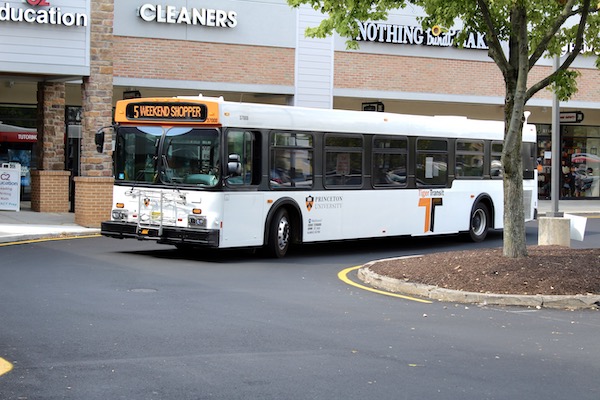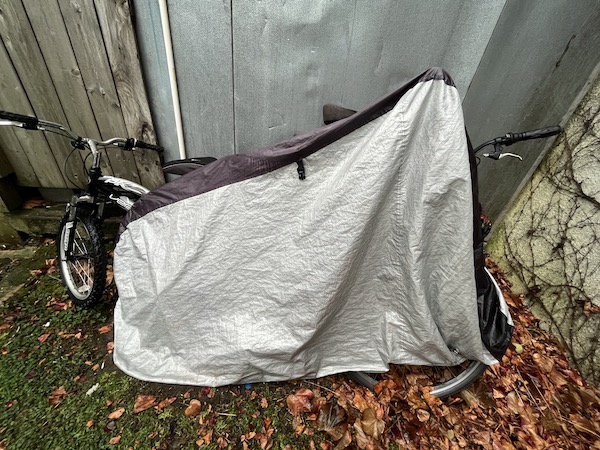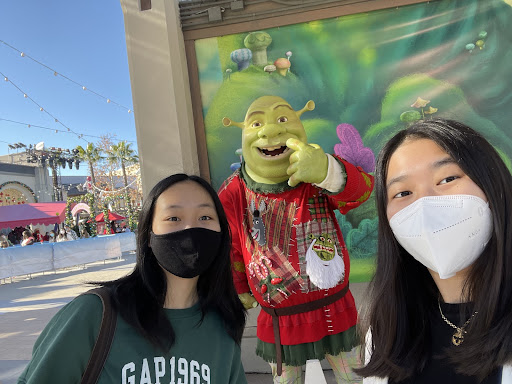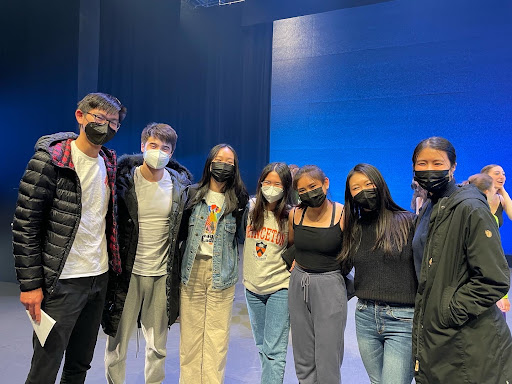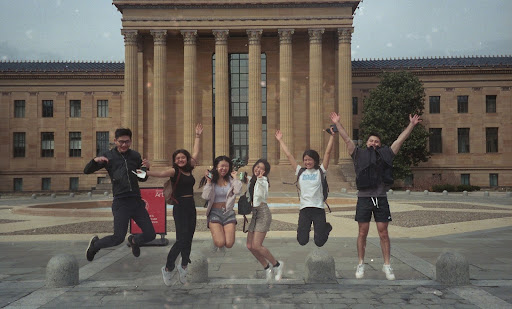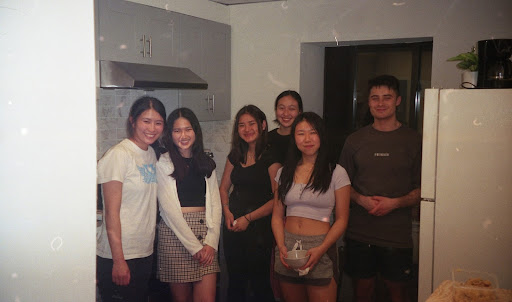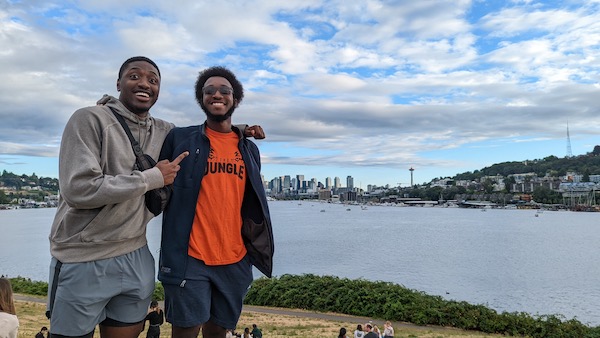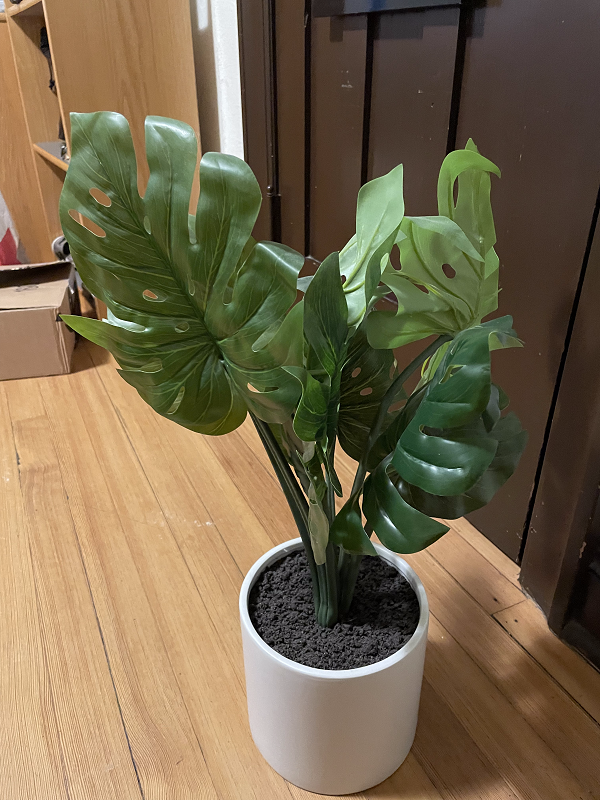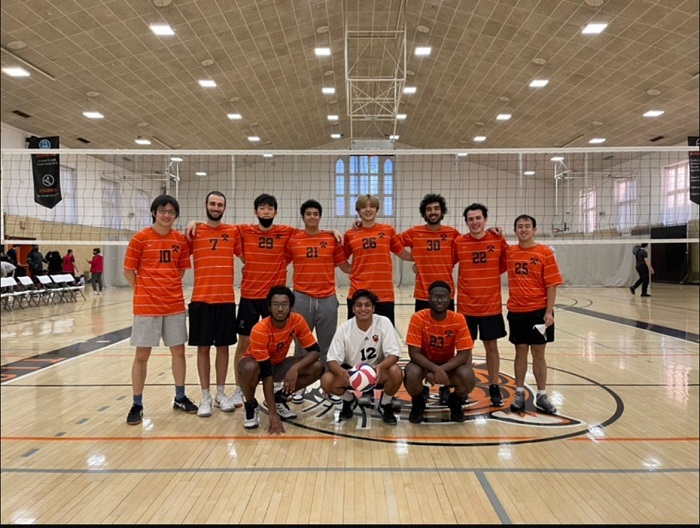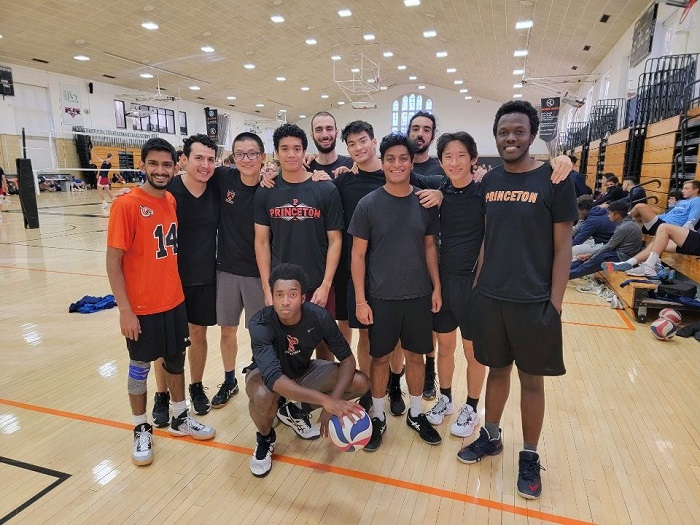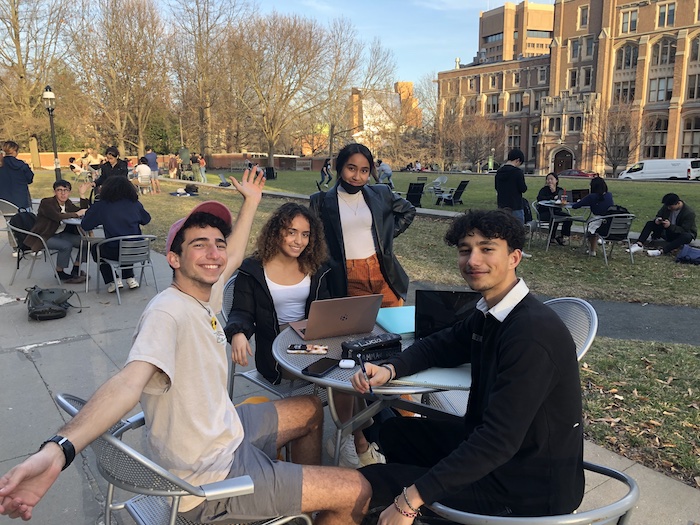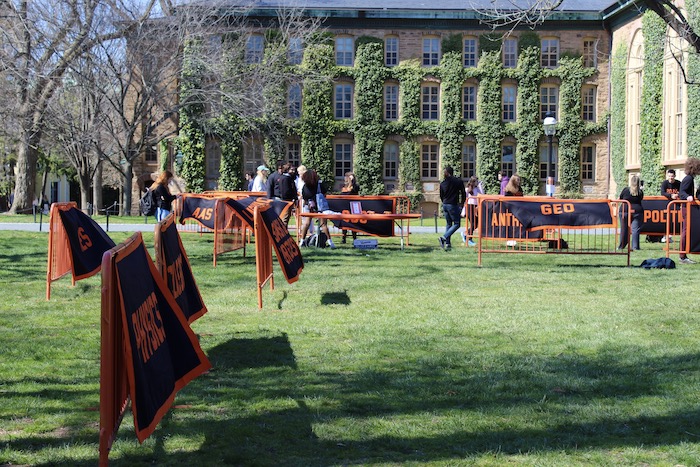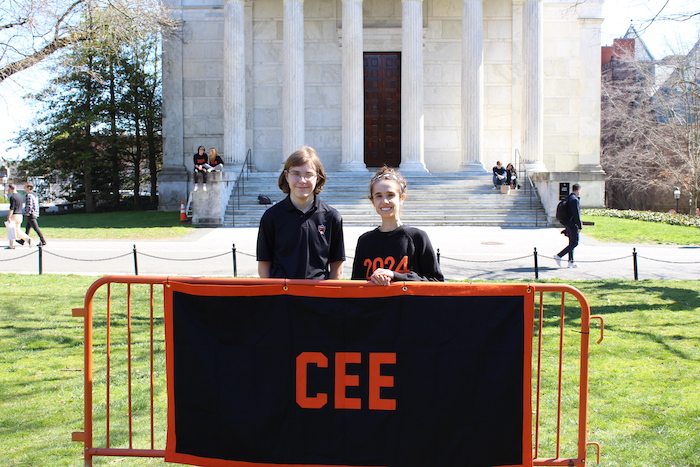On a recent Sunday, my friend Hannah took the train from New York City to visit me in Princeton. In planning our itinerary, I considered what sites would be essential to give her the complete Princeton experience. I wanted to show her the traditional Princeton sites and give her a feel for what a typical day of traversing campus for classes, meetings, and activities is like for me. These are the locations I decided to include on the tour, and we had a lovely time exploring them throughout the afternoon.
1. The Dinky
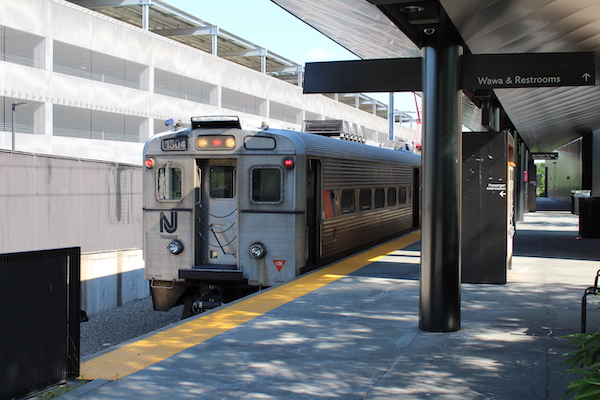
The first stop was meeting Hannah at the Dinky train station. The Dinky is a short rail line connecting campus to Princeton Junction, which is a major train station hub with connections to cities like Philadelphia and New York. Once off the Dinky, Hannah entered the Wawa there to grab a coffee while she waited for me to arrive (who was caught off guard by how fast the Dinky was, and consequently late!)
2. My residential college
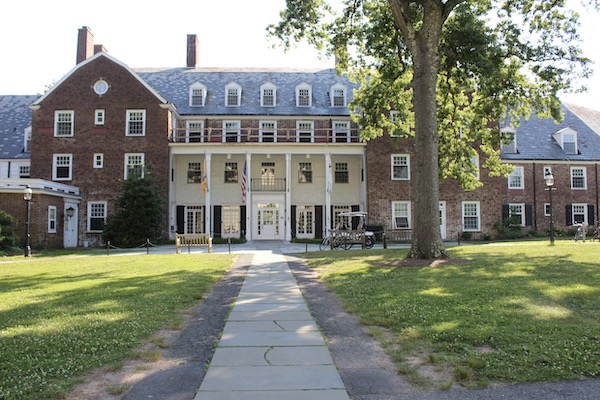
After leaving the Dinky station, our first tour site was naturally Forbes college. Forbes, my residential college, is located just across Alexander Street from the Dinky. I explained that the building was formerly the Princeton Inn, and I showed her where my dorm was.
3. Nassau Hall, Firestone Plaza, and Blair Arch
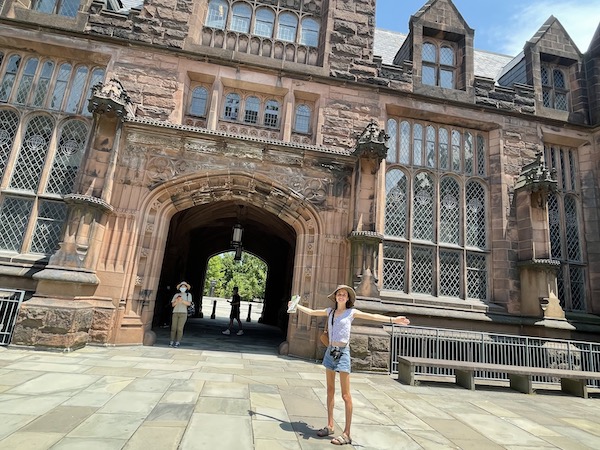
Next up on the tour were several historic sites without which no Princeton tour would be complete. We walked up to Nassau Hall, the iconic ivy-covered building just past the front gates, passed through Firestone Plaza, and posed for a photo in front of Blair Arch (cover image of this blog), the famous steps of which used to welcome visitors off the train (the train station was moved a quarter mile south, to its current location near Forbes, in 1918). With my camera and map in hand, I think I looked much more like a tourist than a student here!
4. Fountain of Freedom
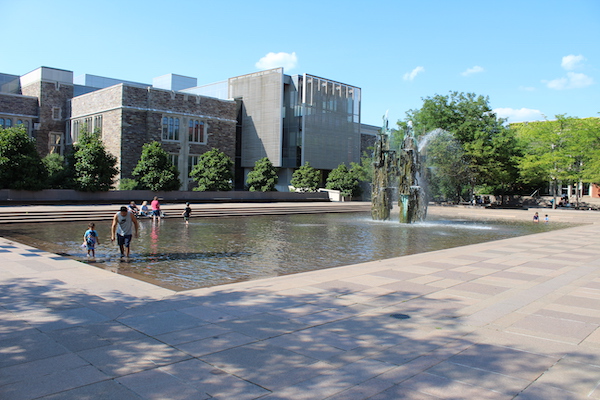
It was a very hot day, so we decided to cool off by the Fountain of Freedom. The breeze blows a spray of water as you pass by, which was cooling and much appreciated that afternoon. There's also a reflecting pool in which children play and swim, and it was so hot that I took off my shoes and decided to wade in too! It was a much-needed refresher.
5. Eating Clubs
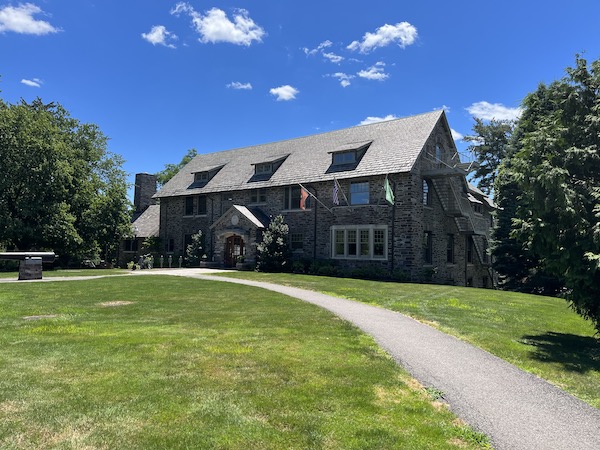
I'm not a member of an eating club, but I still felt a Princeton tour would not be complete without a stroll down Prospect Avenue to see the eleven historic buildings. We appreciated the architecture and peeked through the windows to see inside the (summer-emptied) clubs.
6. Palmer Square
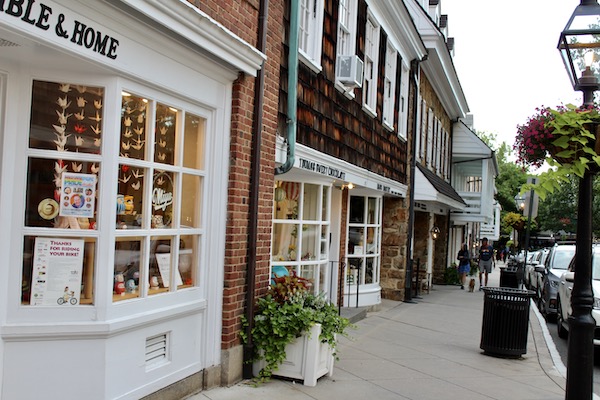
After exploring campus, I took Hannah down Nassau Street to see the town. We window shopped in Palmer Square (a high end shopping and dining square in the heart of town), and we actually shopped at my favorite thrift store, Nearly New. I'm pleased to report I found some Princeton socks for $3.
After exploring campus and town, we walked back to the Dinky and Hannah departed suburbia to return to the big city. There are certainly more sites to see, but I think my tour provided a nice overview of the campus and town.







